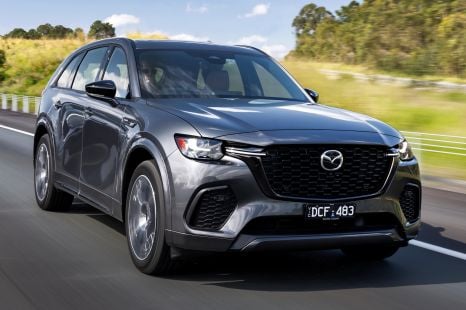

Jack Quick
7.9
5 Days Ago
Mazda is signalling that sticking strictly to electric vehicles may not be a long-term answer to sustainable motoring.

Founder
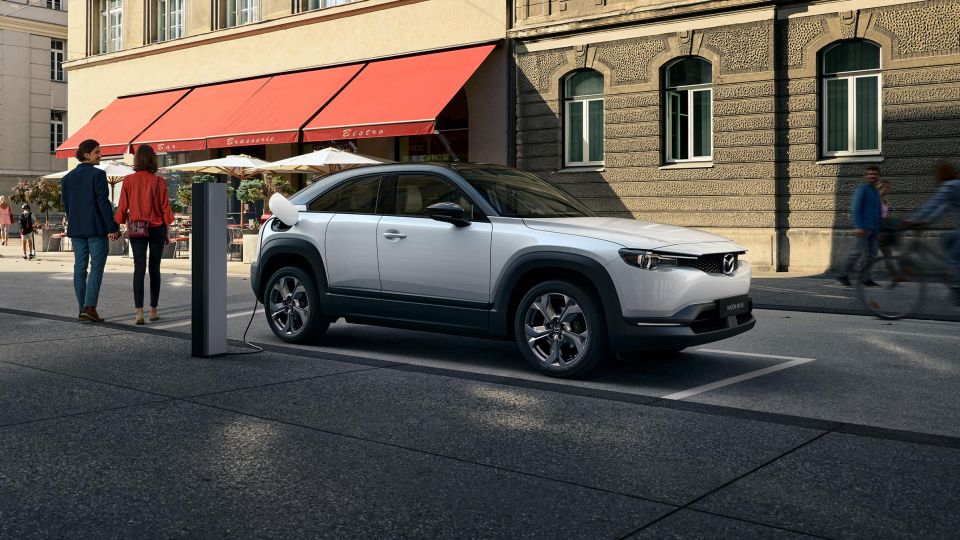

Founder
As the world’s car brands race towards electrification, Mazda is pushing for a greater focus on range of environmentally-friendly propulsion methods, suggesting electric vehicles are not the only answer.
Speaking at the Mazda CX-60 launch, Christian Schultze, director of technology research and technical regulation compliance at Mazda, said electrification makes sense in some applications, but it’s not always the right answer.
“Frankly speaking, the current political situation has shown us the vulnerability and dependency on single sources or single technologies,” Mr Schultze said.
“Even if you’re looking at battery technology, you need nickel and cobalt, lithium, and there are not so many countries in the world who can supply this,” he said.
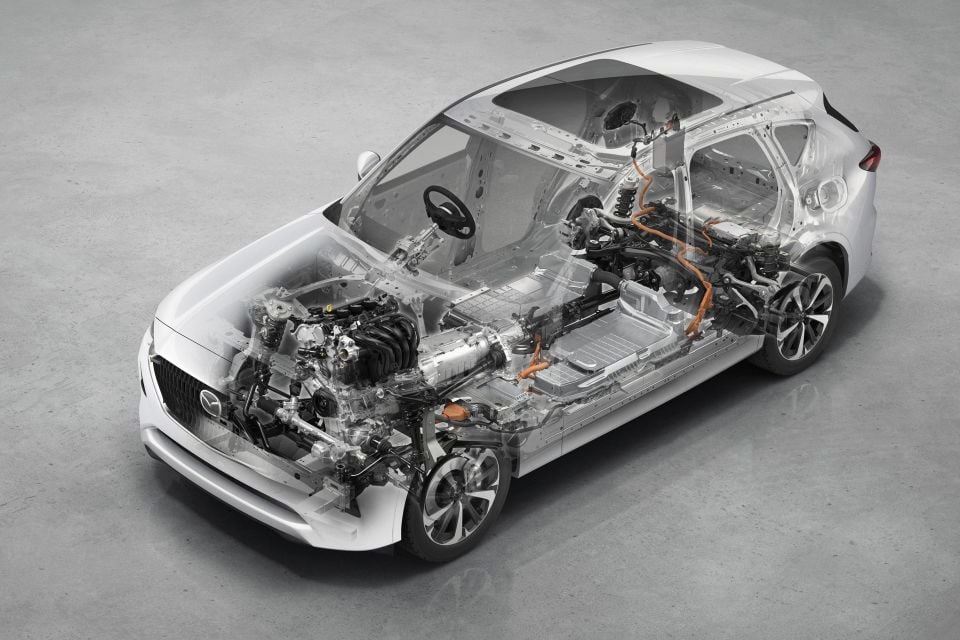
Mr Schultze went on to mention the European Parliament’s Committee on Transport and Tourism recently pushed to soften the CO2 standards for new passenger cars and light-duty commercial vehicles, which were published in July 2021 by the European Commission.
The vote was in favour of adjusting the 100 per cent CO2 emission reduction target proposed by the European Commission for 2035 to a 90 per cent target, compared to 2021 levels.
Mr Schultze says this vote potentially opens the door for other propulsion sources, because a 100 per cent target means “you have no other choice but electrification”.
“Of course we want to go forward,” he said. “We really want this decarbonisation… and we really believe electrification has a big part in it.
“As you saw from our production, or product forecasts, we will bring up a really big load of plug-in hybrids, hybrid-electric vehicles. We’re introducing a new platform. We are not doing this kind of heavy investment for nothing.
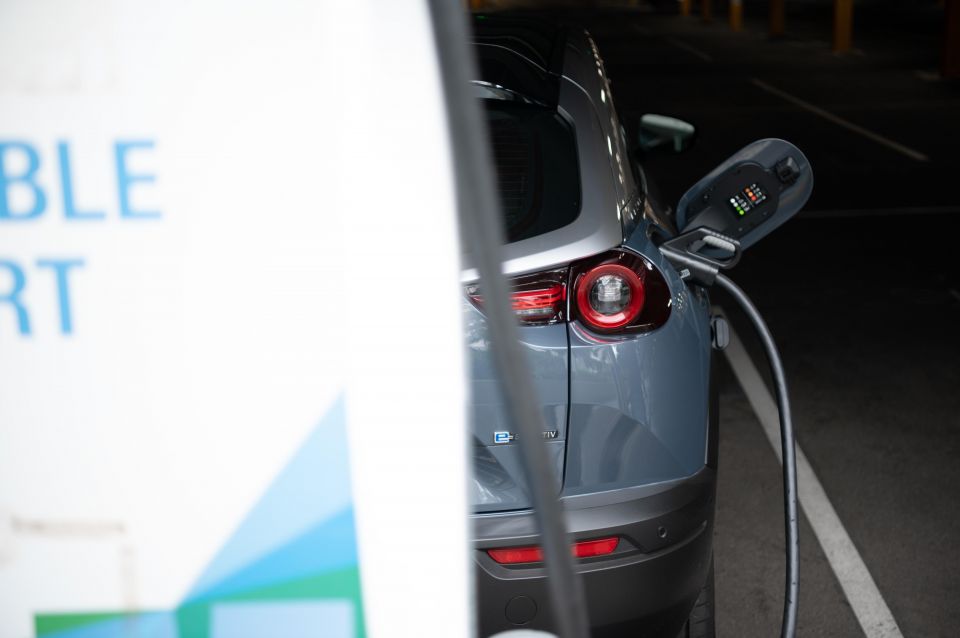
“We really believe electrification has its way but there are possibly also additional things we have to consider,” he said.
So, what’s the answer? Mazda thinks there’s still plenty of scope left in e-fuels, a side benefit of which is investment in e-fuels offering a sustainable solution for powering the existing internal-combustion vehicle fleet.
“We are also a member of the e-fuel alliance and there are a lot of companies who are either producing the technology for these fuels, or who are selling fuels and are interested in selling green fuels or producing fuels,” Mr Schultze said.
“And I think there are a lot of investments or interested investors outside in the world who would be willing to install these kinds of things,” he said.
“If you remember in history in the ’80s, there were projections… in 2005 we will have no more oil, and then we will have dark houses, and we will freeze – and all these kinds of things which were programmed, didn’t happen it to us. But technology became more available and things progress,” Mr Schultze said.
“But simply we now have to think about making a radical cut. Yes, let the oil sit where it is and think about what can we do better?”
“Any kind of combustion can run on these e-fuels if fuels can be made as a kind of synthetic replacement identical in the chemical and physical performances to the existing fields. Otherwise, we couldn’t serve the existing fleet with these fuels,” Mr Schultze said.
Take advantage of Australia's BIGGEST new car website to find a great deal on a Mazda.
Paul Maric is an Australian car expert based in Melbourne, Australia. Paul is a founder of CarExpert.com.au & formerly part of the CarAdvice founding team.


Jack Quick
7.9
5 Days Ago
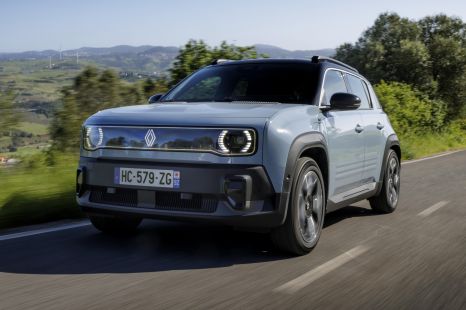

Neil Briscoe
4 Days Ago
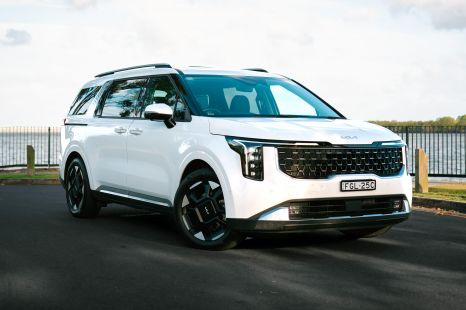

William Stopford
8.5
3 Days Ago
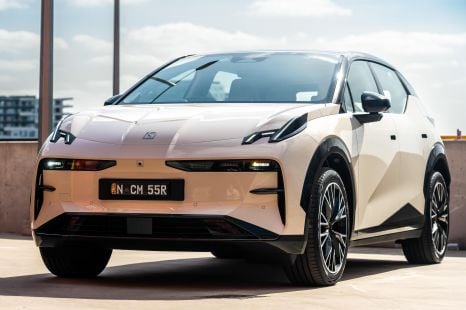

James Wong
7.9
2 Days Ago
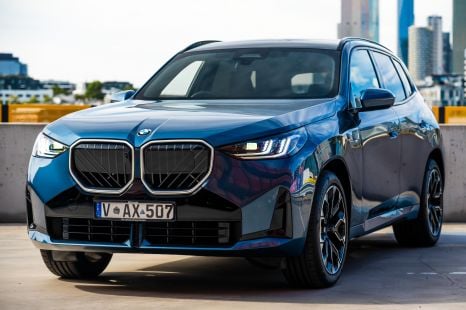

Jack Quick
8.4
1 Day Ago
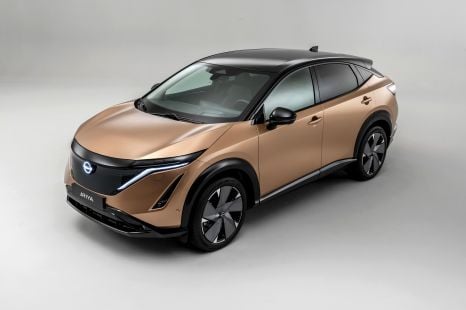

Damion Smy
19 Hours Ago